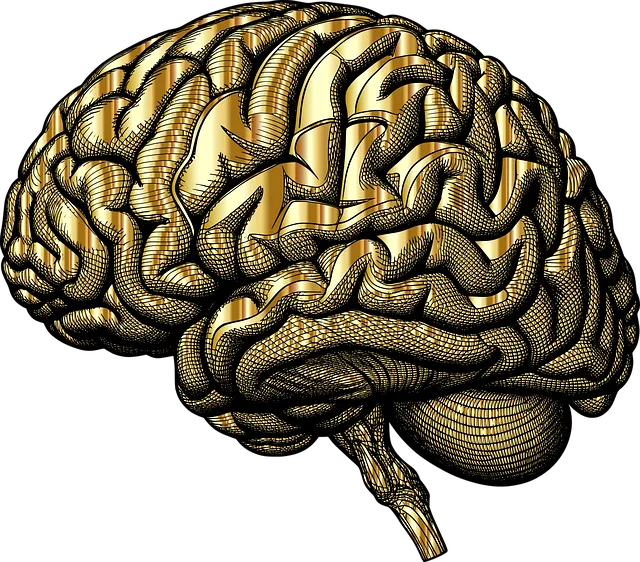Mood regulation, crucial for emotional well-being, involves cognitive processes, behavioral responses, and physiological factors. Kaiser's inpatient mental health services leverage evidence-based strategies like CBT, mindfulness, and balanced diets combined with empathetic care. They prioritize cultural sensitivity and swift crisis intervention, focusing on symptom reduction and long-term emotional stability through tailored interventions and building resilience.
Mood regulation strategies are essential for managing and stabilizing mental health, especially in inpatient settings. This article delves into the fundamental aspects of understanding mood regulation, offering a comprehensive guide for those seeking effective solutions. We explore ‘Golden Strategies’ proven to manage inpatient mental health, specifically focusing on Kaiser’s innovative approach to mood stabilization. By examining these methods, individuals can gain valuable insights into maintaining emotional well-being.
- Understanding Mood Regulation: Unraveling the Basics
- Golden Strategies for Managing Inpatient Mental Health
- Kaiser's Approach to Effective Mood Stabilization
Understanding Mood Regulation: Unraveling the Basics

Understanding Mood Regulation: Unraveling the Basics
Mood regulation is a crucial aspect of emotional well-being, enabling individuals to manage and maintain their emotional state effectively. It involves a dynamic interplay between cognitive processes, behavioral responses, and physiological factors. By understanding these fundamentals, one can harness powerful strategies to enhance self-esteem improvement and even prevent depression. Golden does Kaiser have inpatient mental health services? Indeed, access to such resources plays a significant role in navigating severe mood disturbances.
Emotional well-being promotion techniques stem from this deeper comprehension. Simple yet effective practices like mindfulness meditation, regular exercise, and maintaining a balanced diet can significantly impact overall mood regulation. These strategies help individuals foster resilience against emotional challenges, promoting a sense of calm and enhancing their ability to cope with stress. Additionally, seeking support through therapy or connecting with peers can further strengthen one’s mental health arsenal in the battle for depression prevention and emotional stability.
Golden Strategies for Managing Inpatient Mental Health

Managing inpatient mental health requires a blend of scientifically-backed strategies and empathetic care. At Kaiser, known for its comprehensive healthcare services, there are several golden methods employed to address patient needs effectively. One key approach involves integrating conflict resolution techniques into daily routines. By fostering open communication and teaching de-escalation skills, staff helps patients navigate interpersonal challenges, reducing tension and promoting a calmer environment.
Moreover, cultural sensitivity in mental healthcare practice is paramount at Kaiser. Recognizing the impact of cultural backgrounds on mental health experiences, they provide tailored interventions. This includes incorporating culturally relevant therapy approaches and ensuring staff are trained in diverse practices. Additionally, crisis intervention guidance plays a crucial role in addressing acute distress. Trained professionals swiftly assess situations, providing immediate support and stabilization to help patients feel safe and secure during their stay.
Kaiser's Approach to Effective Mood Stabilization

Kaiser’s Approach to Effective Mood Stabilization offers a comprehensive strategy for managing and stabilizing moods, particularly in cases where inpatient mental health services might be required. This approach leverages various evidence-based techniques that target not just symptom reduction but also long-term emotional well-being. One of the key components is self-esteem improvement through cognitive behavioral therapy (CBT), helping individuals challenge negative thought patterns and build a more positive self-image.
Additionally, Kaiser incorporates compassion cultivation practices, which have been shown to enhance resilience by fostering a sense of connection and understanding towards oneself and others. By integrating these practices into their care plans, Kaiser aims to empower patients to navigate life’s challenges with greater equanimity. Resilience building is another critical aspect, teaching individuals coping mechanisms that enable them to bounce back from setbacks and maintain emotional balance over time.
In understanding mood regulation, this article has explored both foundational concepts and innovative strategies, including Kaiser’s proven approach to effective stabilization of inpatient mental health. By adopting the golden strategies discussed here, individuals can better navigate their emotional states, ultimately enhancing overall well-being. Kaiser’s model serves as a shining example of how comprehensive care can revolutionize mood management in inpatient settings.

